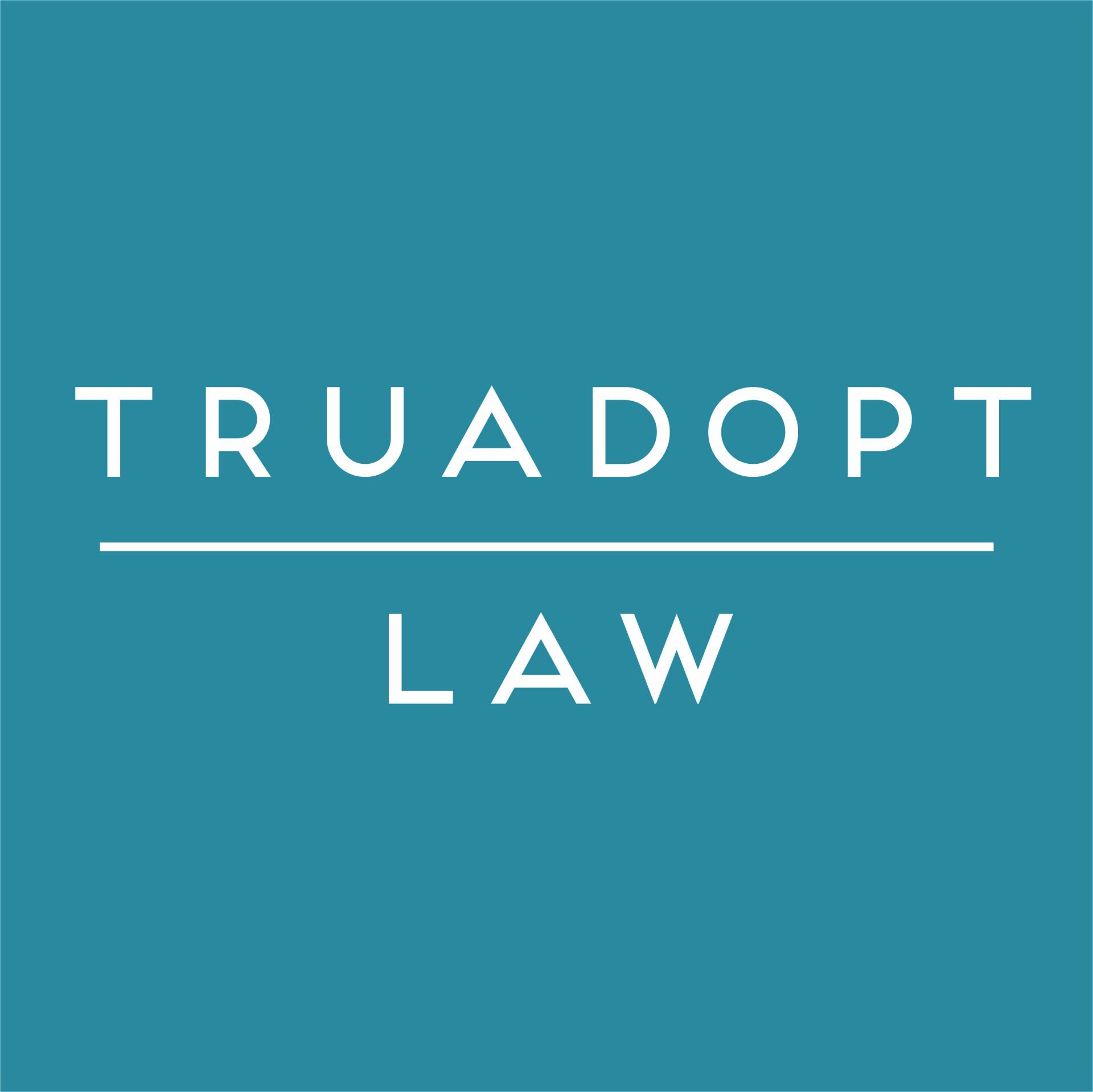EXPECTANT MOTHER'S GUIDE TO ADOPTION
Your Baby. Your Choice. Your Rights.
The decision to place your baby for adoption is huge. It’s scary and courageous. No doubt, it’s one of the most difficult things you’ll ever do, but the adoption process doesn’t have to be confusing. This Expectant Mother’s Guide to Adoption was designed to put you in the driver’s seat of your adoption journey. Read it carefully and if you have questions, please feel free to contact us via phone or email.
ADOPTION TERMINOLOGY
If you’ve done any online reading about adoption, you’ve already discovered that there’s a whole world of adoption terminology to know. You don’t need to become fluent in Adoption-Speak, but there are some key terms and concepts you’ll at least want to become familiar with.
Private Adoption
Private adoption just means that you, the expectant parent, are placing your baby for adoption with a family of your choice. There’s no foster agency or county social worker involved. A private adoption is either an agency adoption (handled by an agency) or an independent adoption (handled by an attorney).
Open Adoption
There are different degrees of “open” adoption. In the biggest sense, it just means that you and the adoptive family know each other’s basic information. It may also mean that you agree to share contact information over the years. Be careful here. Just because an agency or family says that they want an “open adoption,” doesn’t guarantee your ongoing relationship with your child over the years. For that, you will need a “Post-Adoption Contact Agreement” (sometimes referred to as a PACA) which clearly spells out your plan for contact. See below for a more detailed explanation.
Post-Adoption Contact
This is the usual term for how much contact, if any, you will have with the adoptive family after the adoption is final. In a handful of states, it is customary for each adoption to include a PACA which clearly states the type and frequency of contact. In the majority of states, these agreements are not enforceable, so they’re more like a promise you and the adoptive parents make to one another. Whether and how you can enforce the agreement varies from state to state. A typical post-adoption contact agreement includes periodic pictures and letters and perhaps visits.
Homestudy
In all states, adoptive parents must complete an extensive process involving background checks, interviews, home visits, references, and medical examinations to ensure that they are a safe, emotionally healthy family, and are ready to adopt a child. This process is called a homestudy. Before selecting a family, an important question to ask them is whether they have completed or are in the process of completing a homestudy.
Relinquishment and Consent
These are the documents you’ll sign with your social worker and/or attorney after baby is born. They give your authorization for the adoption. These are the most important documents in the process because they make the adoption placement official and permanent.
Revocation Period
This is the period of time you have to change your mind about the adoption and to reclaim custody of your child. The revocation period varies greatly between states from no revocation period at all, to a 30-day revocation period.
7 STEPS TO ADOPTION
Contact Us
Office Number (Call or Text)
(626) 535-9350
Toll-Free Number (Call Only)
844-4-TADOPT
Address
140 S. Lake Ave #348
Pasadena, CA 91101
Connect@truadopt.org
instagram.com/tru.adopt
Facebook.com/truadopt


